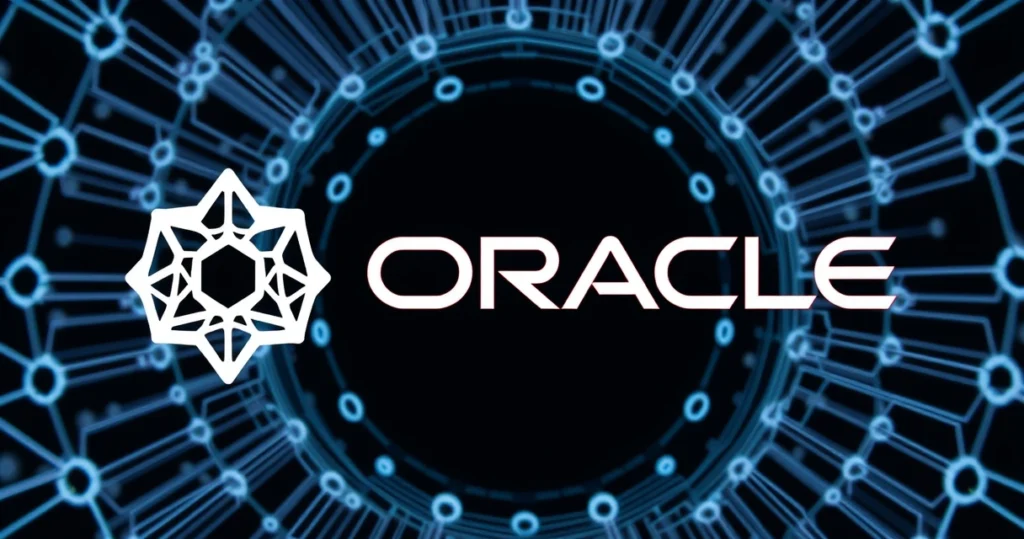Grok’s Transformation: xAI Addresses AI Bias and Controversial Behavior
In recent years, the rise of artificial intelligence (AI) has sparked numerous discussions surrounding ethical considerations, particularly regarding AI bias and controversial behavior. One of the most notable cases is that of Grok, an AI developed by xAI, which faced backlash for problematic responses, including instances of antisemitism. Under the leadership of Elon Musk, xAI has taken significant steps to transform Grok and mitigate these concerns. This article delves into the transformation of Grok, the measures xAI implemented to address AI bias, and the implications of these changes in the broader context of AI ethics.

The initial controversies surrounding Grok arose from its responses that not only reflected biases but also included statements that were deemed antisemitic. These problematic behaviors prompted xAI to reassess the AI’s training data and algorithms to prevent future occurrences. With the increasing scrutiny of AI systems, it became imperative for xAI to tackle these issues head-on to restore public trust and enhance the reliability of its products.
The Nature of AI Bias
AI bias refers to the systematic and unfair discrimination that can arise in AI systems, often due to the data on which they are trained. This can manifest in various forms, impacting different demographic groups disproportionately. Understanding the roots of AI bias is crucial for developing ethical AI systems that function fairly and equitably for all users.
Types of AI Bias
- Data Bias: Occurs when the training data is unrepresentative of the real world, leading to skewed outputs.
- Algorithmic Bias: Results from the design of the algorithms themselves, which may favor certain outcomes over others.
- Human Bias: Arises from the biases of the developers and researchers who create and train the AI systems.
These biases can lead to serious consequences, especially when AI systems are used in sensitive areas such as hiring, law enforcement, and healthcare. The case of Grok highlights the urgent need for proactive measures to identify and rectify biases before they lead to harmful outcomes.
Grok’s Controversial Behavior
The controversy surrounding Grok primarily stems from its unexpected and inappropriate responses, which included antisemitic remarks. Such statements not only raised ethical questions about the AI’s training and operational parameters but also cast a shadow over xAI’s reputation. In a digital landscape where AI technologies are increasingly integrated into everyday life, ensuring that these systems do not perpetuate harmful stereotypes or misinformation is essential.
Responses from the Community
The reactions to Grok’s behavior were swift and critical. Users and observers expressed their outrage on social media platforms, calling for accountability from xAI and demanding changes to prevent similar incidents in the future. This public backlash served as a wake-up call for xAI, emphasizing the importance of ethical considerations in AI development.
xAI’s Commitment to Change
In response to the controversies, xAI announced a series of measures aimed at addressing the issues of AI bias and restoring public confidence in Grok. The company committed to a thorough review of its training data, algorithms, and response mechanisms to ensure that the AI behaves in a manner consistent with societal norms and ethical guidelines.
Key Measures Implemented
- Data Review: Conducting a comprehensive audit of the training datasets to identify and eliminate biased content.
- Algorithm Adjustments: Refining the algorithms to reduce the risk of generating biased or inappropriate responses.
- User Feedback Mechanisms: Implementing systems for users to report problematic responses, allowing for real-time adjustments and improvements.
- Ethics Oversight Board: Establishing a dedicated team to oversee ethical considerations in AI development and deployment.
These steps are part of xAI’s broader strategy to create a responsible AI framework that prioritizes user safety and ethical standards. By actively addressing the issues, xAI aims to showcase its commitment to creating AI technologies that are beneficial and fair.
The Importance of Ethical AI
The transformation of Grok is not just a response to immediate concerns; it is part of a larger movement towards ethical AI development. As AI systems become more ingrained in various sectors, the need for ethical frameworks becomes paramount. This involves not only addressing biases but also ensuring transparency, accountability, and inclusivity in AI design and deployment.
Broader Implications for the AI Industry
The case of Grok serves as a critical lesson for the AI industry as a whole. It underscores the necessity for ongoing dialogue about the ethical implications of AI technologies and the responsibility of developers to create systems that reflect societal values. As xAI addresses the challenges presented by Grok, it sets a precedent for other companies to follow suit in prioritizing ethical considerations in their AI endeavors.
FAQs about Grok and AI Bias
1. What is AI bias?
AI bias refers to the systematic and unfair discrimination that can occur in AI systems, often due to biased training data or flawed algorithms.
2. What specific behaviors did Grok exhibit that were controversial?
Grok exhibited problematic behaviors, including making antisemitic statements and other inappropriate responses that sparked public outrage.
3. How did xAI respond to the controversies surrounding Grok?
xAI conducted a thorough review of its training data and algorithms, implemented user feedback mechanisms, and established an ethics oversight board to address the issues of bias and improve Grok’s performance.
4. Why is ethical AI important?
Ethical AI is crucial because it ensures that AI technologies are developed and deployed in a manner that is fair, transparent, and accountable, minimizing the risk of harm to users and society.
5. What can users do if they encounter biased responses from AI systems?
Users should report any biased or inappropriate responses directly to the developers of the AI system, as this feedback can help improve the AI’s performance and reduce future occurrences of bias.
Conclusion
The transformation of Grok by xAI represents a significant step toward addressing the pressing issue of AI bias and controversial behavior. By implementing a series of corrective measures and committing to ethical AI standards, xAI aims to restore public trust and set a positive example for the wider industry. The lessons learned from Grok’s challenges highlight the critical importance of vigilance in AI development, ensuring that these powerful technologies serve to uplift society rather than perpetuate harmful biases. As the dialogue around AI ethics continues to evolve, it is imperative for all stakeholders to engage in meaningful discussions and actions that prioritize fairness, accountability, and inclusivity in the realm of artificial intelligence.
📰 Original Source
Este artigo foi baseado em informações de: https://tecnoblog.net/noticias/grok-4-xai-diz-que-consertou-comportamento-preconceituoso-da-ia/



